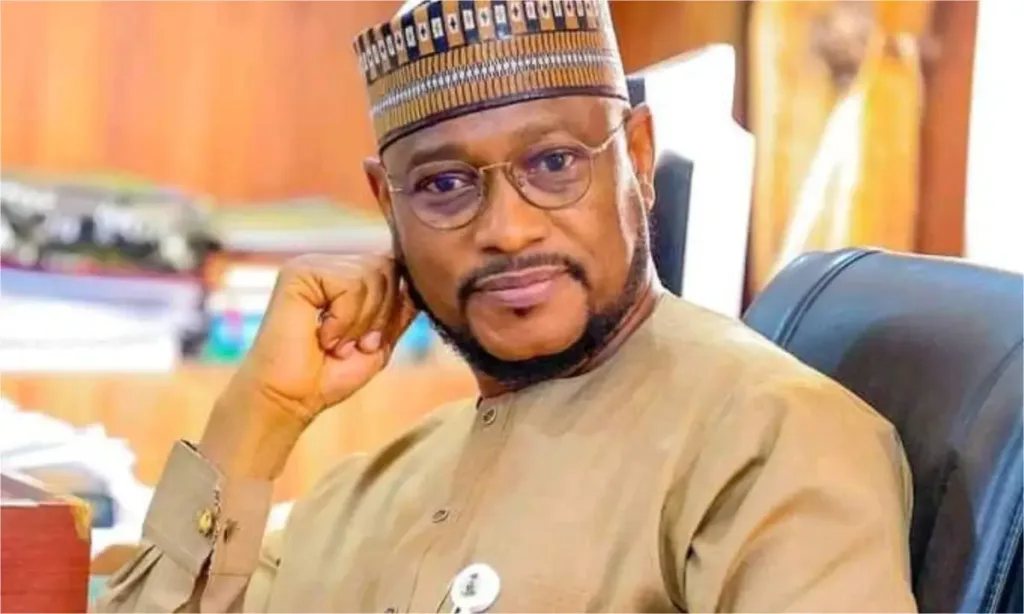A human rights advocate in Nigeria’s Zamfara State has demanded a public apology from the spokesperson of Governor Dauda Lawal over alleged derogatory remarks targeting two high-profile political figures, escalating tensions in the region. Dr. Suleiman Shuaibu Shinkafi issued a seven-day ultimatum to Mustapha Ja’afaru Kaura, the governor’s media aide, threatening legal action if no apology is made for what he described as “inciting comments” against Bello Matawalle, Nigeria’s Minister of State for Defense, and Senator AbdulAzeez Yari, a former governor of Zamfara.
Speaking to journalists during a recent telephone interview, Shinkafi condemned the alleged statements as disrespectful to leaders who have held significant roles in governance. “We will not stand by idly while a spokesperson insults statesmen who have dedicated years to public service,” he said, emphasizing that both Matawalle and Yari continue to contribute to national development. The activist asserted that the governor had not authorized such remarks, calling the incident “character assassination” and stressing that public figures in positions of influence should uphold civility.
Shinkafi argued that disrespect toward elders and experienced leaders undermines societal values, particularly in a region grappling with security and economic challenges. “Elders deserve respect for their role in shaping communities,” he noted, adding that disparaging senior officials sets a harmful precedent. While the exact nature of Kaura’s alleged comments remains unclear, Shinkafi warned that failure to apologize would result in litigation aimed at holding the spokesperson accountable.
The controversy highlights simmering political rivalries in Zamfara, where Matawalle and Yari remain influential figures. Matawalle served as the state’s governor prior to Lawal, while Yari, now a senator, held the position from 2011 to 2019. Analysts suggest the dispute could reflect deeper tensions within the state’s political landscape, though Shinkafi cautioned against attributing the spokesperson’s actions to the governor’s office.
As of publication, Kaura and Governor Lawal’s administration have not publicly addressed the allegations or the ultimatum. Observers note that the outcome could hinge on whether the spokesperson’s remarks are formally acknowledged or disputed, with potential implications for diplomatic relations among Zamfara’s political elite. The situation underscores broader debates about accountability and decorum in public discourse, particularly in regions where seasoned leaders retain significant sway over policy and public opinion.
